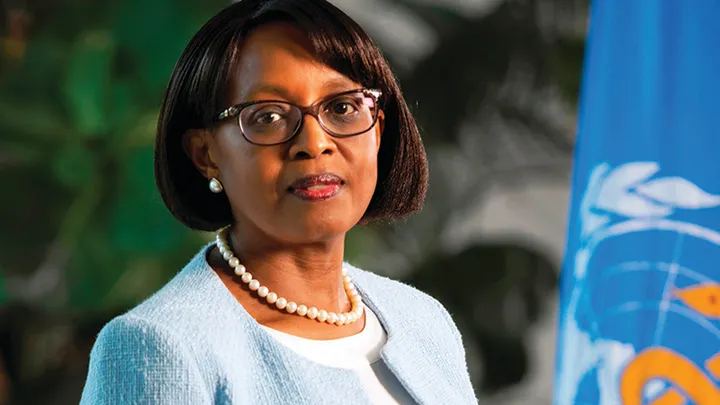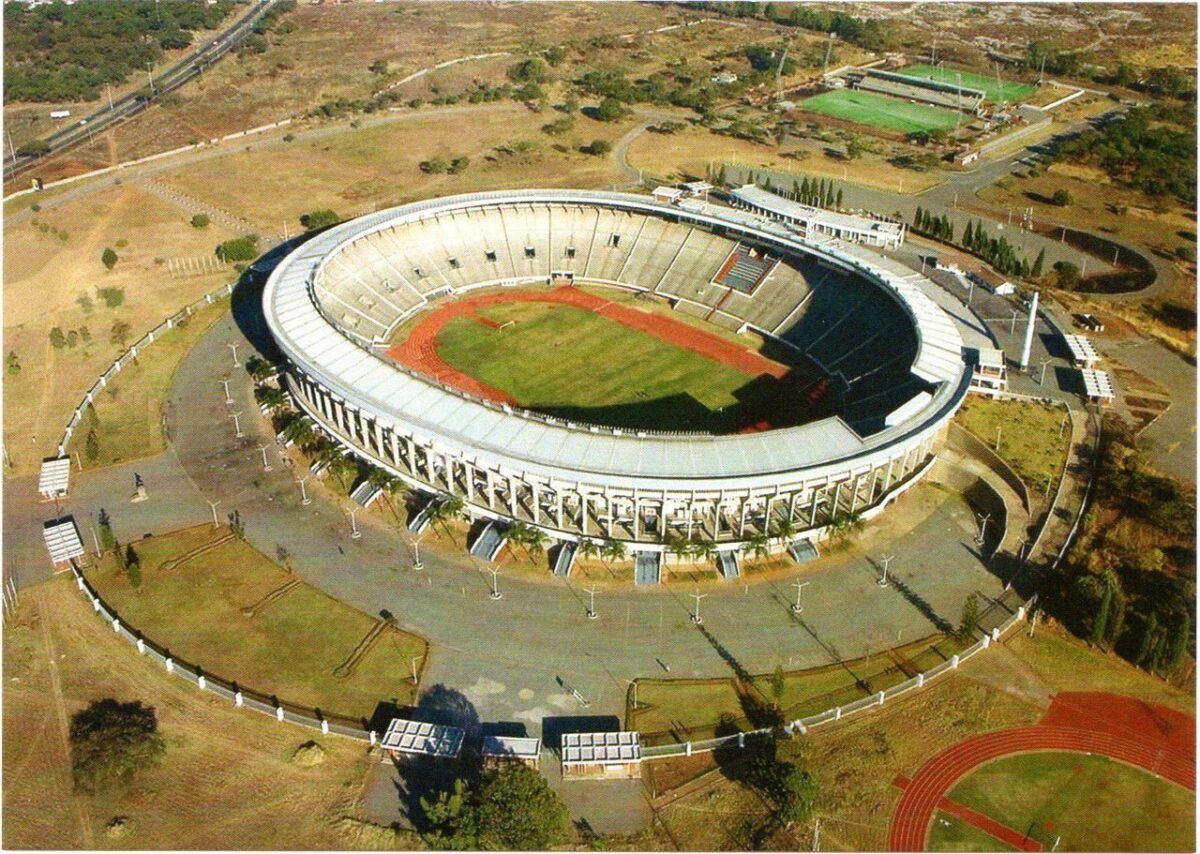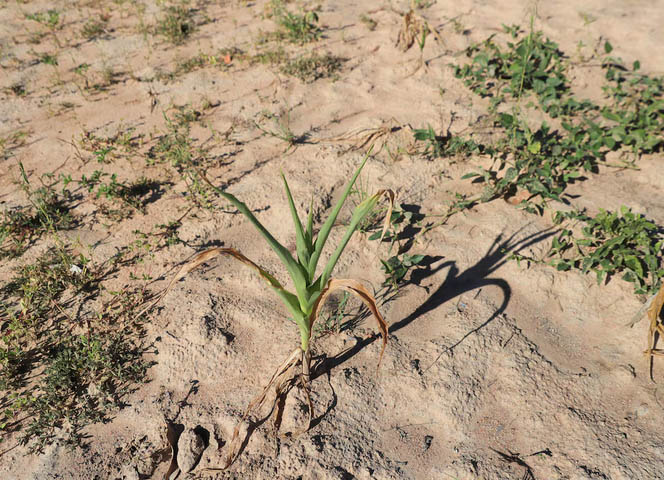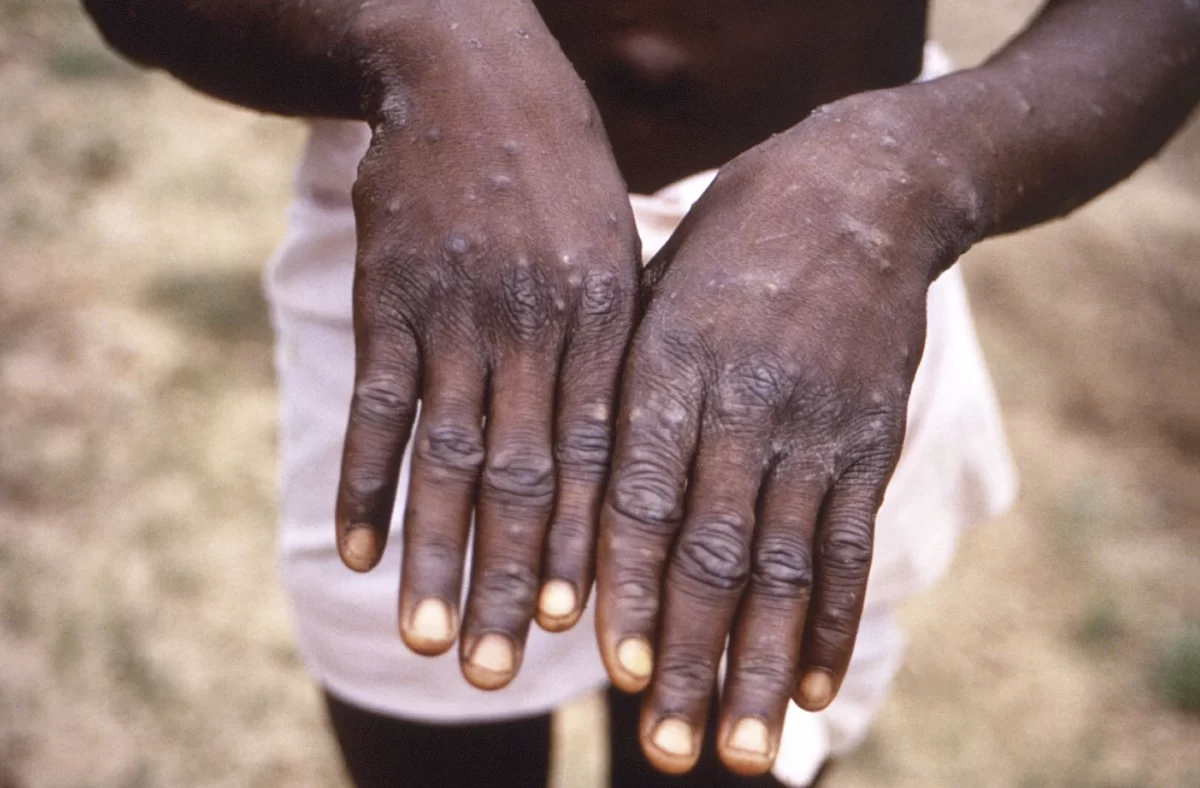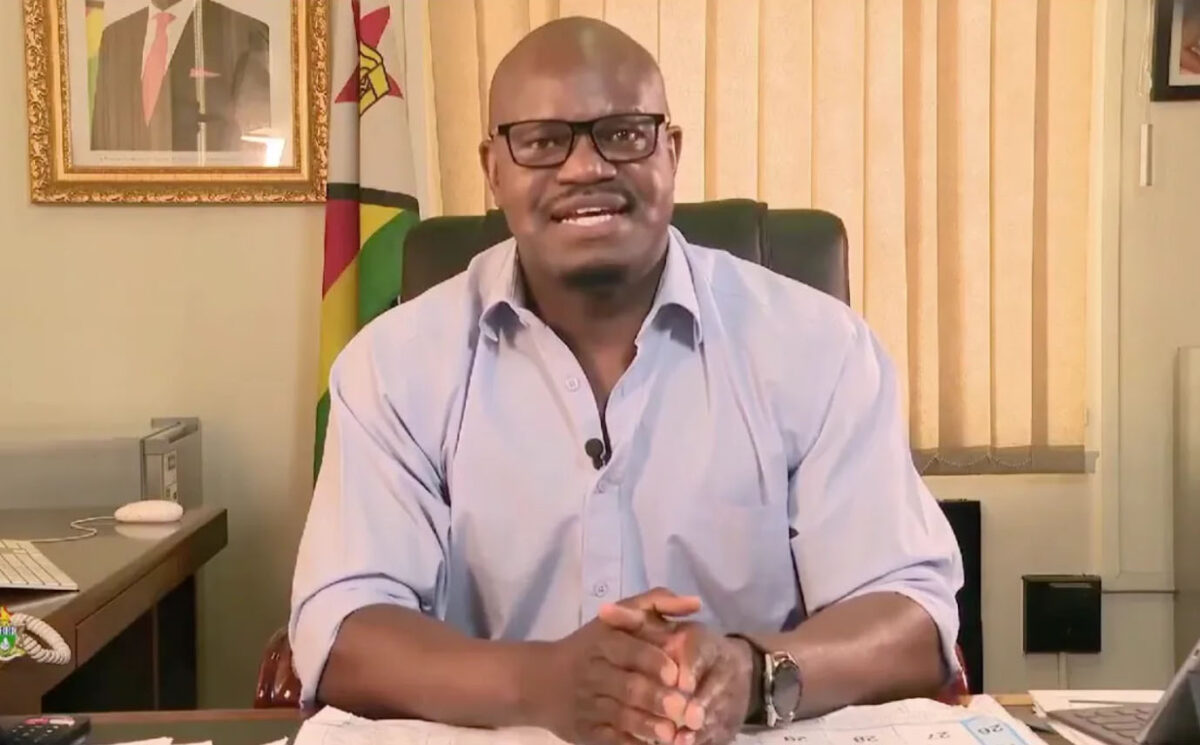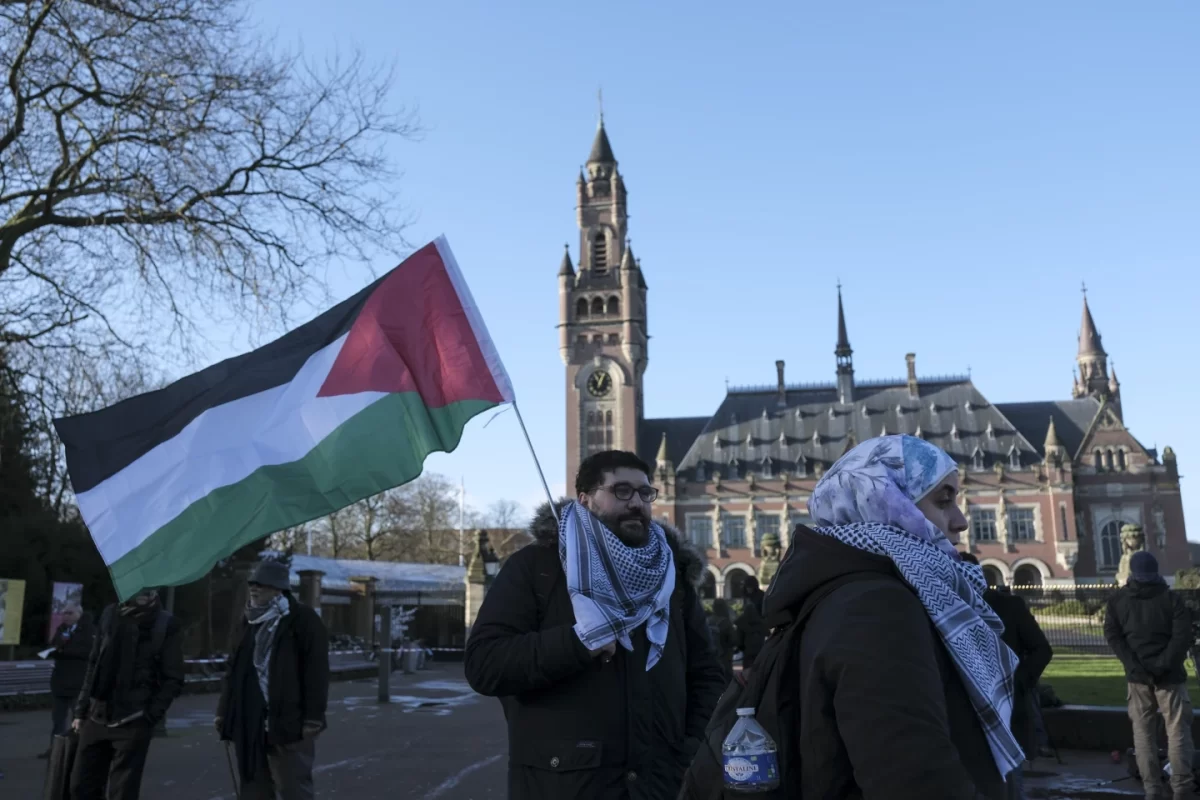BULAWAYO – African leaders have been urged to continue prioritising the eradication of HIV/AIDS by 2030 as it continues to be a global health crisis.
World Health Organisation (WHO) Regional Director for Africa Dr Matshidiso Moeti said in a Wednesday statement that with 25 million people living with HIV in the world today, Africa continues to be most affected by the current inequalities amid hurdles often encountered by those seeking to access HIV health services.
“I urge the Ministries of Health to build resilient and adaptable health systems that can detect inequalities and provide appropriate approaches to address those inequalities.
“This requires financial investment, integrated laboratory systems, a well-trained and adequate health workforce, equitable access to medicines and robust data systems.”
The health agency notes that key populations – men who have sex with men, transgender people, people who use drugs, sex workers, prisoners and migrants – and their partners, are the most affected when it comes to accessing HIV resources.
As the world is fighting Covid-19, resources towards the fight against HIV have shrunk.
Zimbabwe also joined the rest of the world in commemorating World AIDS Day which ran under the theme “Equalise” in Marondera.
Keynote speaker at the celebrations, UN coordinator Edward Kallon also called on the inequalities that drive the pandemic to stop.
“This year the world agreed on a bold plan to end AIDS by 2030. That’s a cause for celebration. Unfortunately, AIDS remains a pandemic, the red light is flashing, and only by moving fast to end the pandemic, can we overcome it,” he said.
Statistics indicate that as of 2021 the country had 1,3 million people living with HIV.

